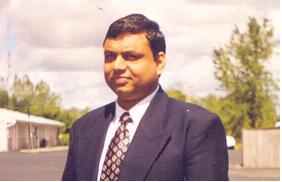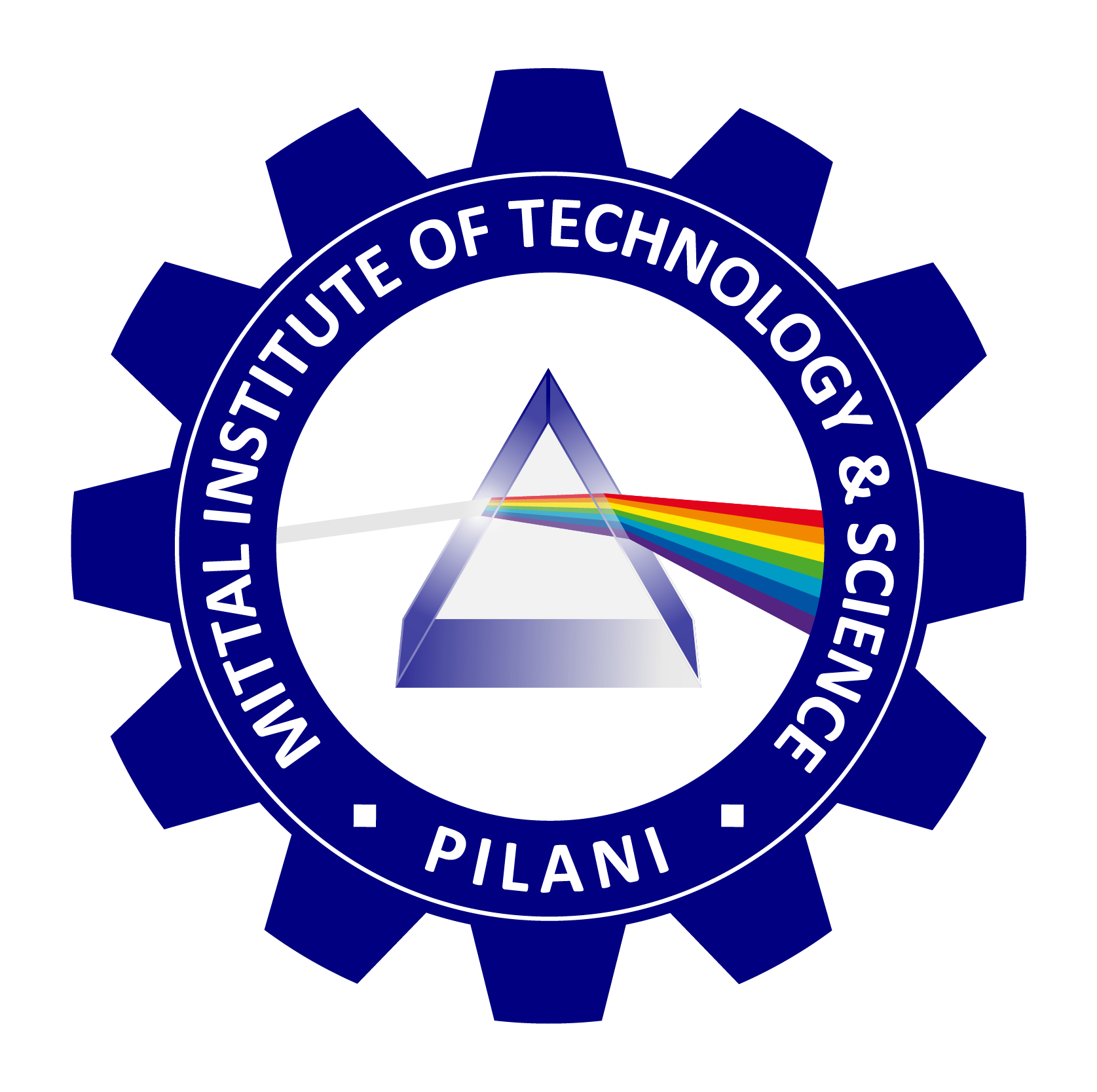
MITTAL INSTITUTE OF TECHNOLOGY & SCIENCE, PILANI
Department of Mathematics
The mathematics curriculum at MITS is comprehensive and covers a wide range of topics across undergraduate, graduate, and doctoral levels. The curriculum spans both pure and applied mathematics. Below is a general description of the types of mathematics courses and research typically found at different academic levels:
- Undergraduate Level
At the undergraduate level, courses are designed to provide students with a solid foundation in mathematical principles, methods, and reasoning. MITS offers a Bachelor of Science in Mathematics, and students can choose between pure mathematics or applied mathematics tracks.
Core Courses:
- Single Variable Calculus: This introductory course covers limits, continuity, derivatives, and integrals of functions of one variable.
- Multivariable Calculus: Builds on single-variable calculus by extending concepts to functions of several variables, covering partial derivatives, multiple integrals, and vector calculus.
- Linear Algebra: Focuses on systems of linear equations, matrices, vector spaces, eigenvalues, and eigenvectors.
- Differential Equations: Introduces techniques for solving ordinary differential equations, with applications in physical and social sciences.
- Introduction to Mathematical Logic: Covers formal logic, set theory, and the basics of mathematical proofs.
Advanced Undergraduate Courses:
- Real Analysis: A rigorous study of calculus, focusing on limits, continuity, and differentiability in real and metric spaces.
- Abstract Algebra: Explores group theory, rings, fields, and modules, which are fundamental in both pure and applied mathematics.
- Complex Analysis: The study of functions of a complex variable, with applications in engineering and physics.
- Probability and Statistics: Covers probability theory, random variables, and statistical inference.
Undergraduate Research:
- MITS encourages undergraduates to engage in research, where students can work with faculty on research projects in various mathematical fields, such as number theory, algebraic geometry, or applied mathematics (e.g., data science, machine learning).
- Graduate Level (Master’s)
At the graduate level, MITS offers a Master of Science in Mathematics. Courses at this level are more specialized and rigorous, often focusing on deeper theories and applications.
Core Graduate Courses:
- Functional Analysis: A branch of mathematical analysis that deals with function spaces and operators, often used in quantum mechanics and PDEs.
- Algebraic Topology: Studies properties of space that are invariant under continuous deformations, focusing on homotopy, homology, and cohomology.
- Partial Differential Equations: This course covers theory and methods for solving PDEs, with applications in physics and engineering.
- Stochastic Processes: A study of processes that involve randomness, such as Markov chains, Brownian motion, and applications in finance and biology.
Graduate Research:
Graduate students at MITS are encouraged to participate in research early in their programs. Typical research areas include:
- Algebra and Number Theory
- Geometry and Topology
- Combinatorics
- Applied Mathematics (Optimization, Dynamical Systems)
- Mathematical Biology
- Doctoral Level (PhD)
The PhD in Mathematics at MITS is highly research-oriented, and students are expected to contribute original work to the field. The program allows for deep specialization in a chosen field, alongside coursework that supports the research.
PhD-Level Coursework:
- Advanced Algebra: Deeper exploration of abstract algebra, including representation theory and advanced topics in group theory.
- Differential Geometry: The study of smooth manifolds and geometric structures, often applied in general relativity and physics.
- Mathematical Physics: Focuses on the interface between mathematics and theoretical physics, particularly in areas such as quantum mechanics and relativity.
- Advanced Topics in Analysis: In-depth study of specialized areas like measure theory, distribution theory, or Fourier analysis.
Doctoral Research:
Research at the PhD level often involves a close relationship with a faculty advisor, and students are expected to produce new and impactful work in their area of specialization. MITS has research groups in many cutting-edge areas, such as:
- Pure Mathematics: Topics include algebraic geometry, number theory, topology, and logic.
- Applied Mathematics: Active research in applied areas includes mathematical biology, computational mathematics, numerical analysis, fluid dynamics, and machine learning.
- Interdisciplinary Research: Many students work at the intersection of mathematics and fields like computer science, physics, economics, or engineering.
Doctoral Dissertation:
PhD students must produce a dissertation that makes an original contribution to the field. This typically takes several years of focused research, followed by the successful defense of the dissertation.
Special Programs at MITS:
- Mathematics with Computer Science: An interdisciplinary major combining rigorous mathematics coursework with computing, including algorithms, complexity theory, and discrete mathematics.
- Applied Mathematics Group: Focuses on mathematical modeling and computation across disciplines like biology, engineering, economics, and social sciences.
Research Areas at MITS Mathematics Department:
- Algebraic Geometry
- Combinatorics
- Differential Geometry
- Topology
- Number Theory
- Mathematical Logic
- Theoretical Computer Science
- Mathematical Physics
- Optimization and Operations Research
- Computational Biology and Data Science
MITS’s mathematics program is rigorous and research-driven at all levels, and the department’s close connections with fields like computer science, physics, and economics allow for rich interdisciplinary opportunities.

Professor Rakesh Mittal
Computer Science
Director
Mittal Institute of Technology & Science, Pilani, India and Clearwater, Florida, USA
